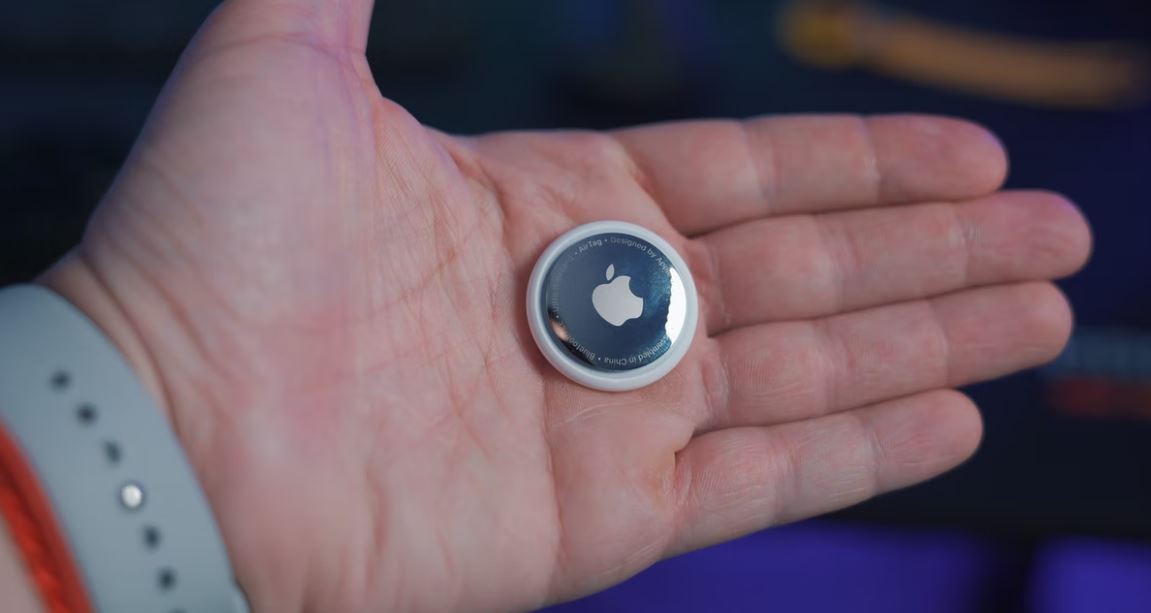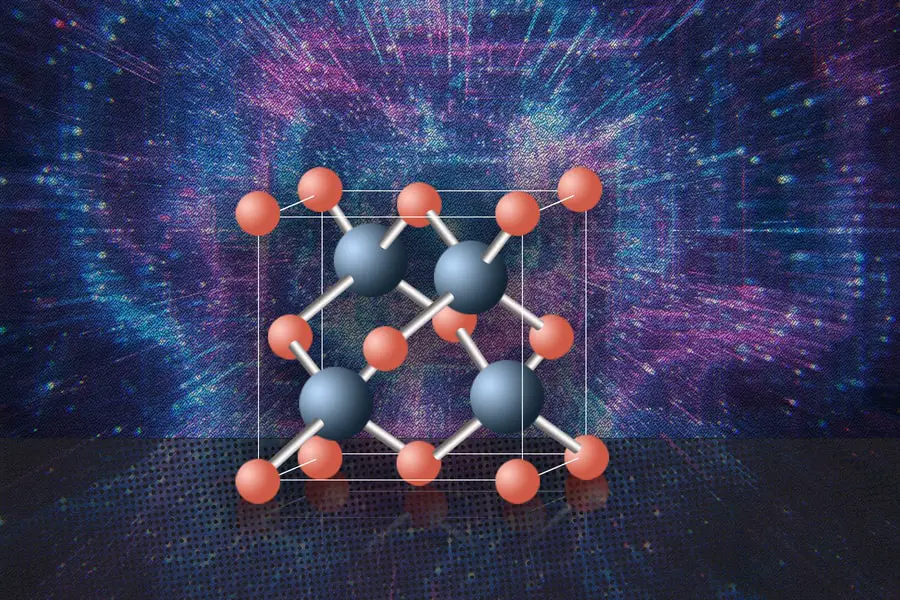The US Missile Defense Agency recently announced that two companies, Raytheon and Northrop Grumman, will be awarded the next stage of the anti-hypersonic “glide stage interceptor” program. Lockheed Martin will be officially out of the US military for missile defense.
The Glide Phase Interceptor program was developed in 2021 by the U.S. Missile Defence Agence (MDA), at the time by Raytheon, Northrop Grumman, and Lockheed Martin companies participated and were awarded contracts of US$20.97 million, US$18.95 million and US$20.94 million respectively for the conceptual design stage.
Hypersonic glide missiles spend most of their time flying in the atmosphere at an altitude of about 70,000 meters, flying at speeds in excess of Mach 5.
And it can maneuver in the air, which is different from the parabolic trajectory of traditional ballistic missiles, which is pulled up to outer space and then accelerated back to the atmosphere.
The existing THAAD, SM3 and SM6 of the U.S. Army and Navy are all aimed at intercepting ballistic missiles before they rush out of the atmosphere, gliding in the middle, or falling in the rear, and the interception effect of hypersonic gliding missiles is not good.
Therefore, in addition to the low-orbit satellite HBTSS anti-hypersonic detection system of Raytheon and L3Harris, the U.S. military is also developing the mid-course defense system of the Glide Phase Interceptor (GPI) to complement the empty window of the existing missile defense system.
In terms of specification requirements, the MDA requires that the GPI projectile can be matched with the new version of the Baseline 9 Aegis system, and can be launched by the MK41 or MK 57 vertical launch system (VLS), strengthening the naval fleet’s ability to defend against hypersonic weapons and prevent aircraft carriers from being raided.
Recently, MDA announced that it would sign $41.5 million contracts with Thor and Losrop Grumman each for the next stage of development. Lockheed Martin, which had been involved in the development of the Aegis and THAAD missile defense systems, failed to win the contract.
Although Lockheed Martin lost the GPI bid, the company still has the Air Force’s AGM-183A air-launched hypersonic missile program and is competing with Raytheon for the U.S. Air Force’s hypersonic ramjet (HAWC) in partnership with DARPA.
In addition, Lockheed Martin is also working with Northrop Grumman to produce C-HGB missiles for the Army and Navy. The Army version is called the Dark Eagle, and the Navy version is the Conventinoal Prompt Strike (CPS). Therefore, Lockheed will still account for a large proportion of the huge hypersonic weapons orders in the future.
Although the MDA has not released information on the development progress of GPI, according to the 2023 National Defense Authorization Act, GPI is expected to complete the design phase by the fourth quarter of 2027, and to begin test launches after that.
Read more here:




